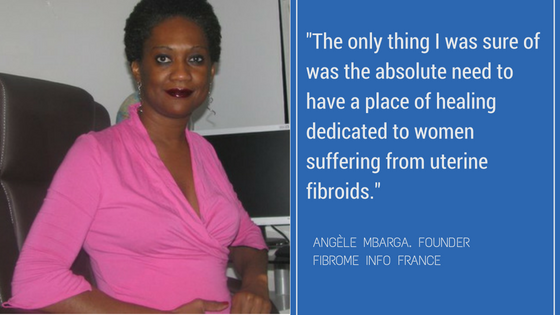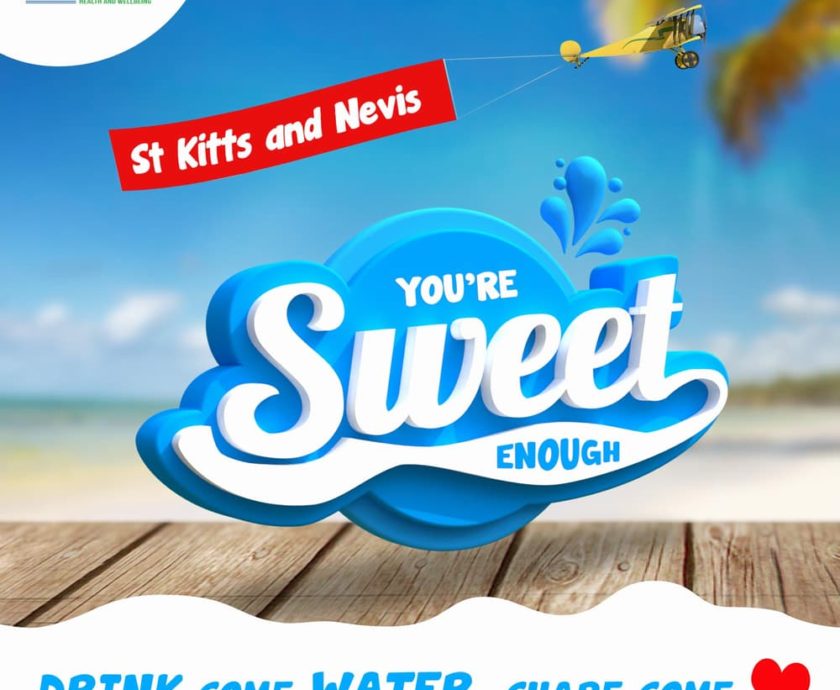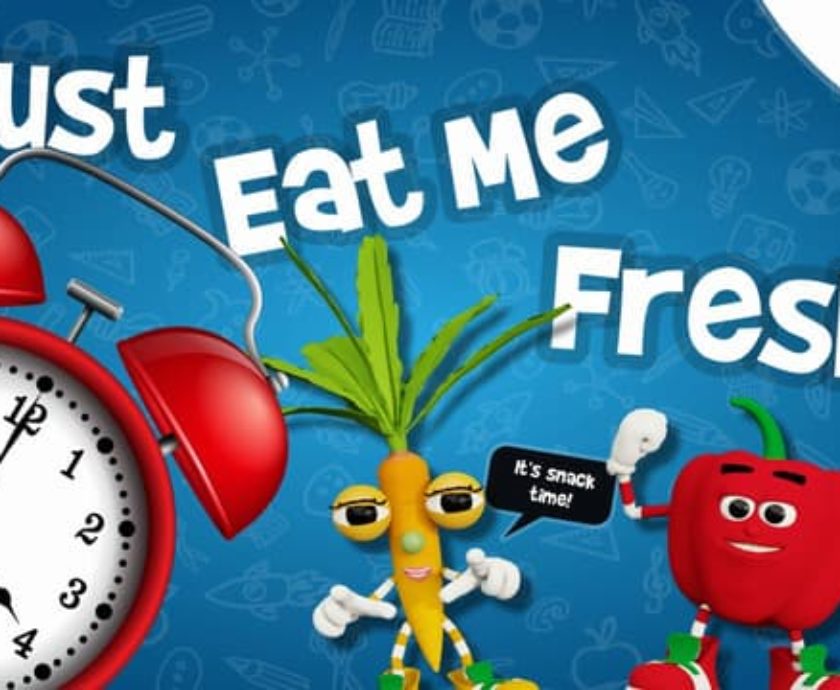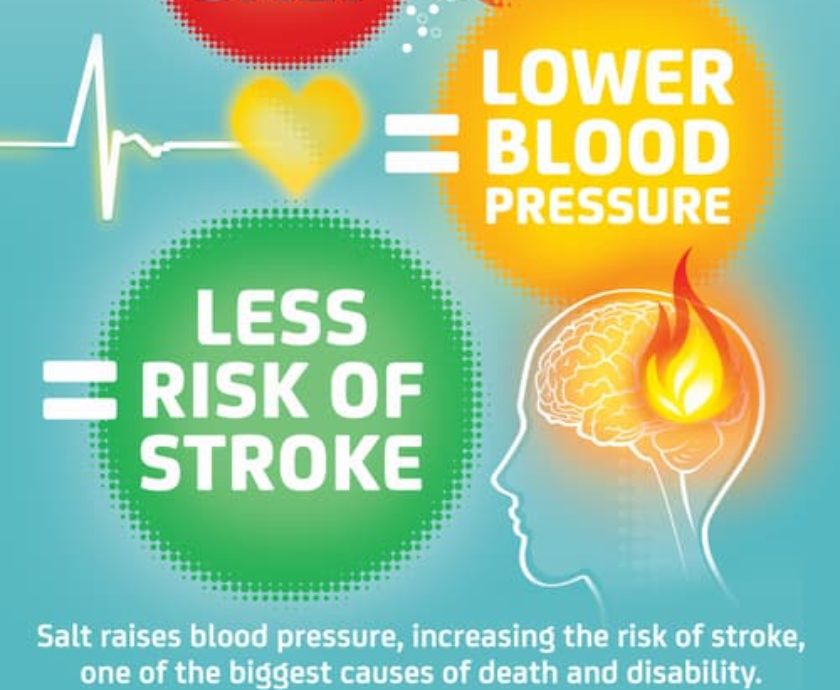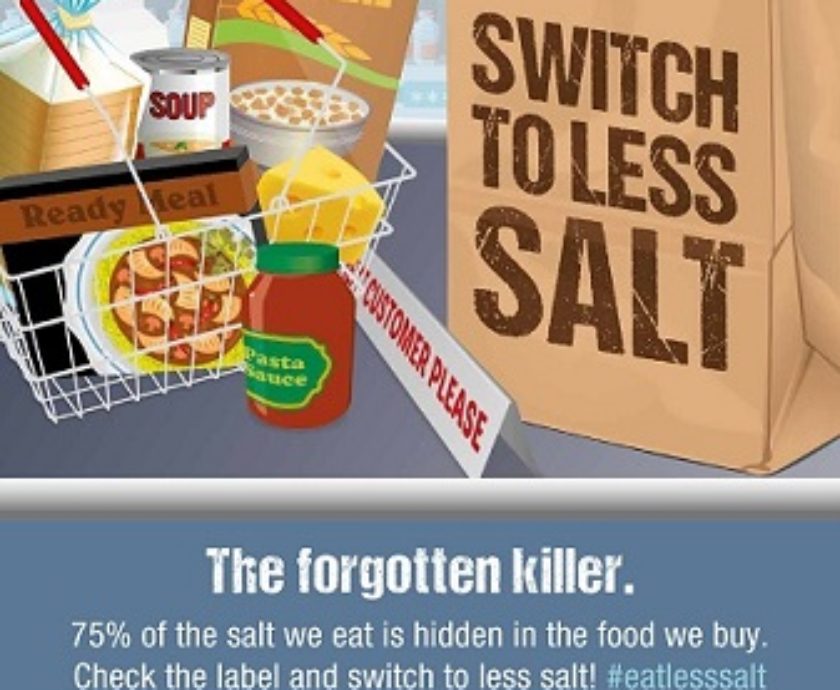We’re always looking for good public health books to read and have been going through various public health reading lists. One book that kept coming up was Sweetness #9 by Stephan Eirik Clark so we decided to order this book from Amazon and get reading.
Sweetness #9 is a fictional book that focuses on the food industry and explores the impact of additives (in the book they focus on flavour enhancers and artificial colouring) and sweeteners, but the book also touches on issues around food regulation, the approval process and the nature of modern life that leads to the demand for processed, easy to prepare meals. This was an interesting read that opened us up to the possible reality of the inner workings of the food industry and the fact that we’re unlikely to be fully aware of, nor understand, what has been added to the processed foods we eat and the long-term effects of these additives.
Sweetness #9 takes its readers on a 39-year journey as we follow the life of the main character, David Leveraux, who starts his career, after graduating from a food science program with a MSc, as an eager Flavourist-in-Training at a leading global food company. His new job starts well, and he is assigned to the Animal Testing division where his role is to test the long-term toxicity of an artificial sweetener called Sweetness #9 (the testing is a legal requirement before FDA approval can be granted). Whilst conducting these studies on Sweetness #9 David notices some side effects in both rodents and monkeys. Feeling conflicted he isn’t sure what to do, but he eventually reports this to management, but this doesn’t go well, and he ends up being dismissed from the company. This leaves him feeling disillusioned and he wonders what to do with his knowledge of the effects of the sweetener: should he report them to the authorities or not? David keeps quiet and life moves on, but as the years go by Sweetness #9 is approved by the FDA and it is in everything from soft drinks to toothpaste. David continues to feel conflicted especially as he observes, over the next 30 years, society changing, including his own family, who consume a lot of Sweetness #9. The public is gaining weight, ADHD is identified and seems to be on the increase, and anxiety and generalised dissatisfaction is rampant – all these effects are the same effects he observed years before in the rodents and monkeys exposed to Sweetness #9.
Through the main character of David we explore how families’ eating habits have changed in the modern era, how food is manipulated and the politics behind food. We see food scientists question the intentions behind the decisions being made in their industry – why are we really making children’s medicine that tastes like bubble gum and candy apples? Here’s an interesting exchange from the book, although this is fiction you can imagine this type of conversation happening.
“I just don’t know if we should be doing this.”
“What?”
“Making it like candy.”
“Children’s medicine? So, this is political, is it?”
“What if kids start trading them on the playground?”
“This is why we have nurses. To dispense medicine. Or are you for sick children now? Hardly a platform I can support.”
“All right, all right. You’ll have a new formulation by the end of the day. But when I’m called before Congress to explain how America’s children came to be like fatted calves, standing there ready and compliant for the next Rasputin, it’s your name I’ll say while leaning into the microphone.”
This was a scenario where a young flavourist is convinced to make children’s anti-psychotic liquid medicine taste like wild cherry to appease a multi-national pharmaceutical company and thus ensure they keep said company as a client.
A story that ran through the book was one based around Hitler, we struggled at first to see the relevance of this story-line but it all come together nicely at the end, we won’t spoil it for you. I don’t know how true to life this story-line is, but we did find bits of it fascinating. In the book, flavourists were recruited during the war, as food was scarce, to create meals that would allow military leaders to have the sensation of having a gourmet meal. So, using meagre resources and their knowledge of chemistry they mimicked food textures and flavours so perfectly that leaders felt they were eating the real thing. Also, in the book, flavourists were recruited during the war for other reasons, to fight the enemy in a subtle way. So, the book really gave a wide-ranging look at the role of flavourists in society.
This was an interesting read and forces readers to reflect on the food we eat and how additives and sweeteners could be affecting the health and wellbeing of our society.
Want to read this book too? You can purchase a copy on Amazon, see options below.
Disclosure: this post contains affiliate links. Find out more here







